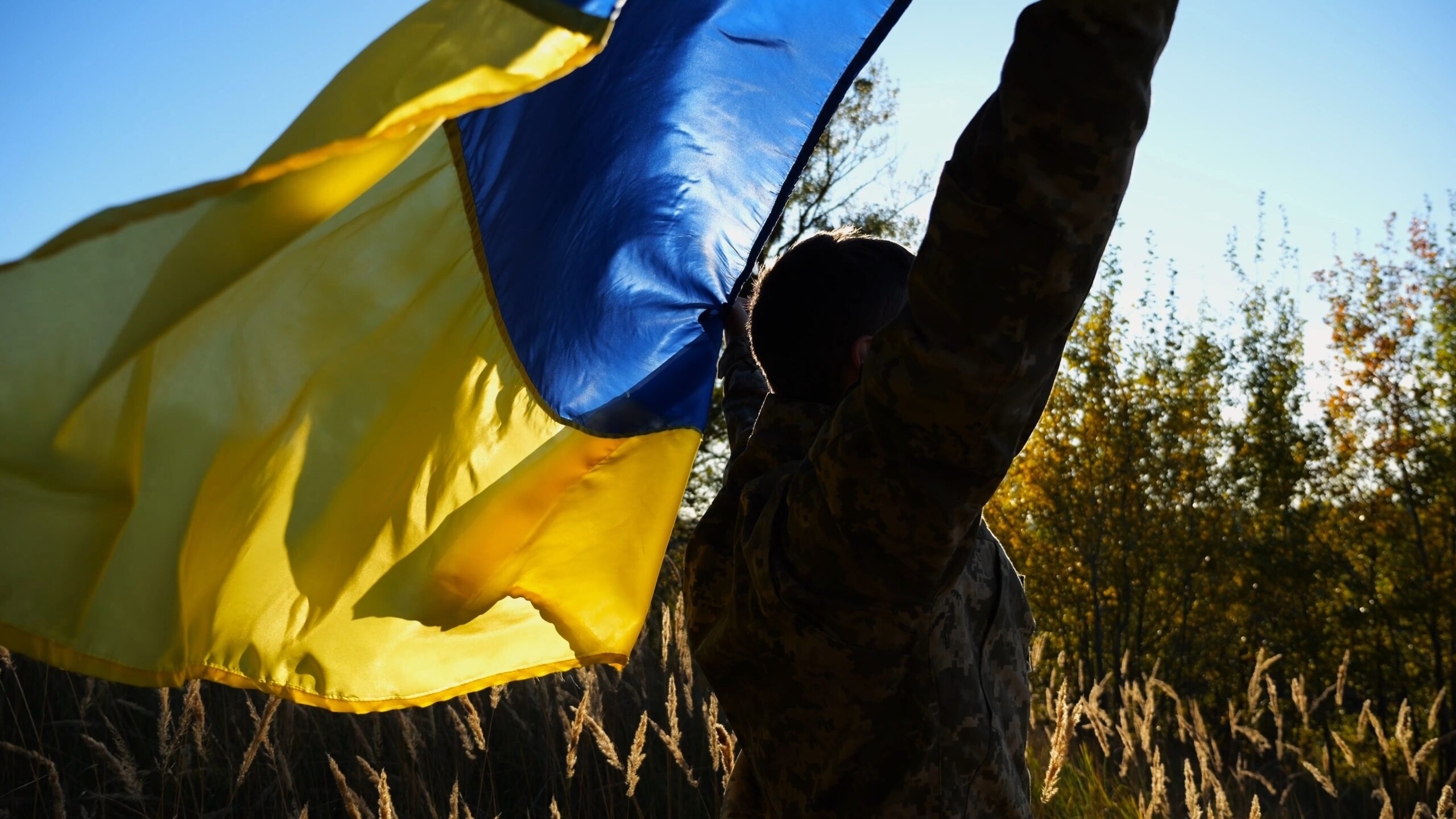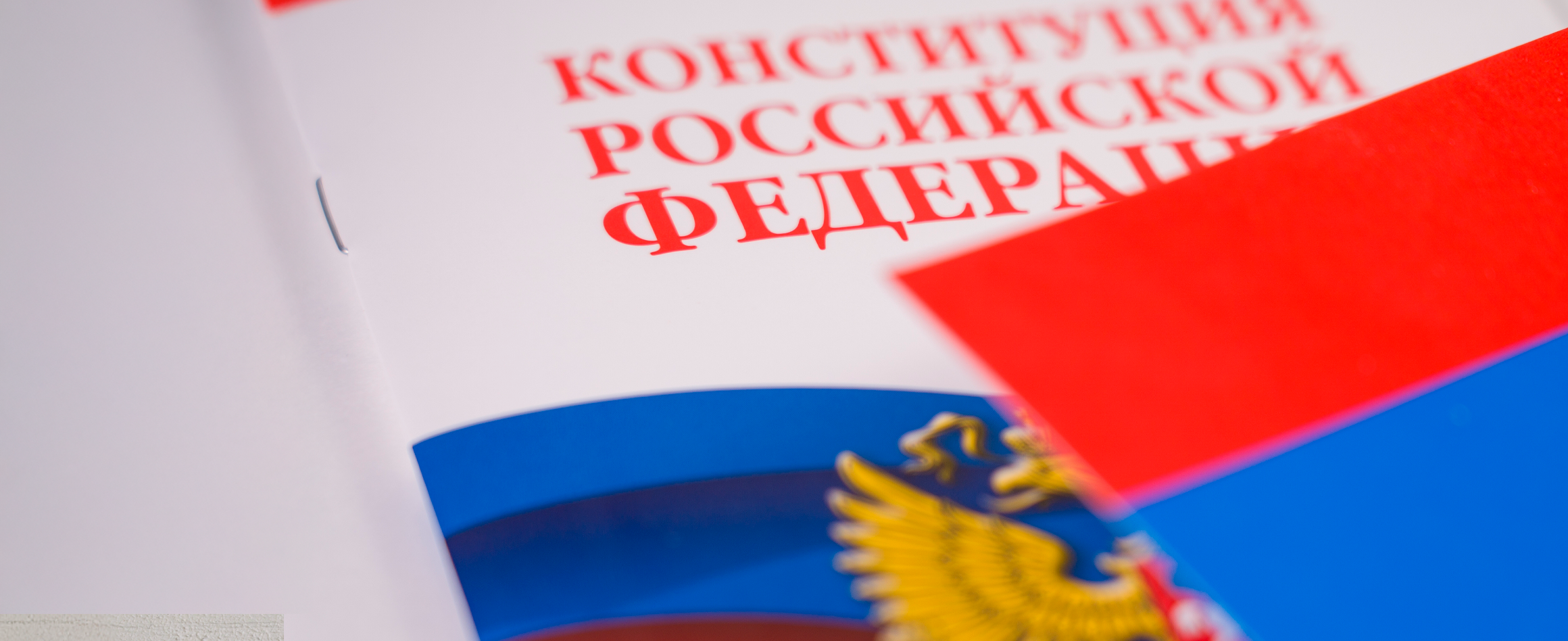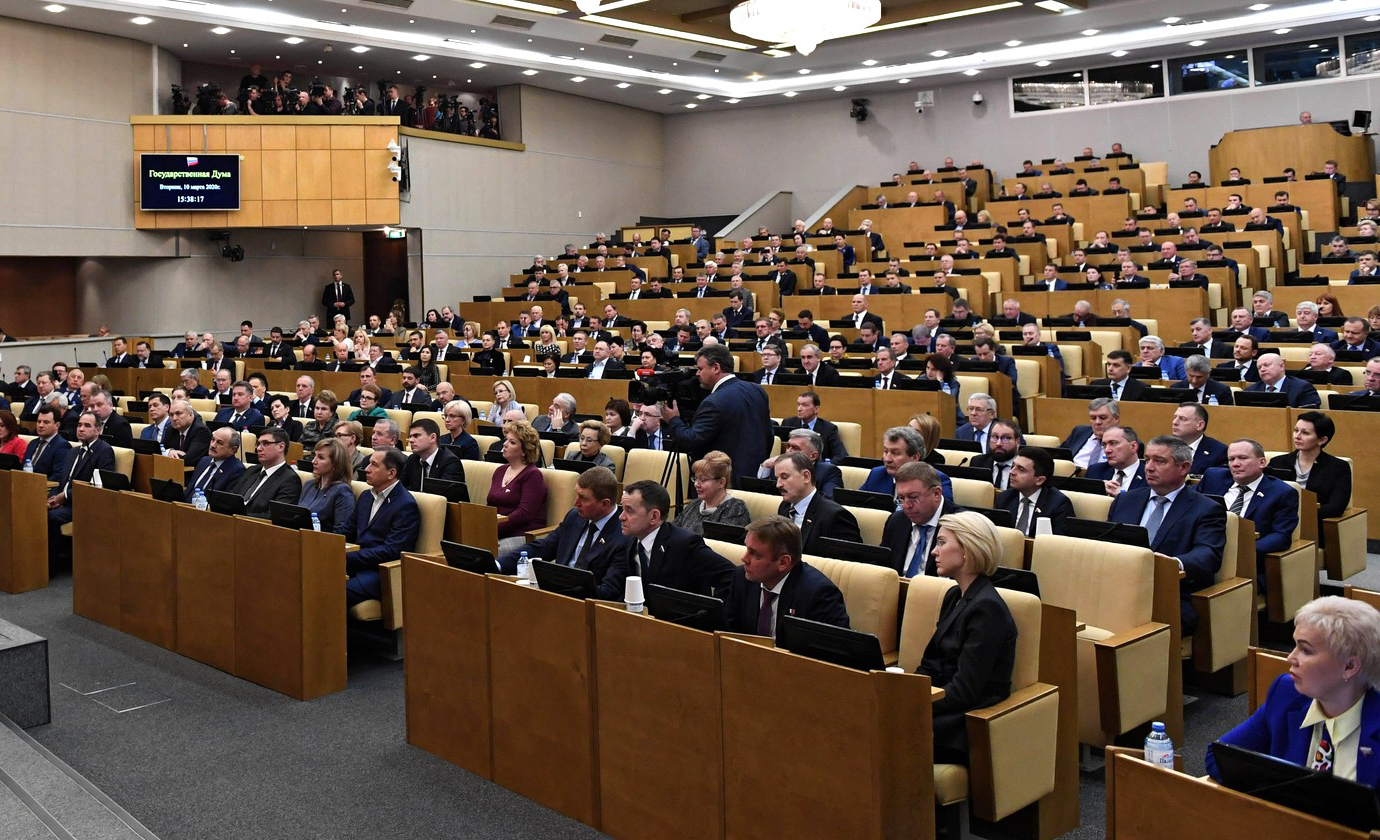Research on the Development of Civil Society in Russia
The “Civil Society” section of the Free Russia Foundation think tank is dedicated to studying the state and development of civil society in the Russian Federation. We provide an in‑depth analysis of its current state, factors affecting its growth, and potential prospects for expanding citizen participation in public and political life. Our research covers:
- Analysis of the role of civil society in political and social processes;
- Evaluation of the impact of government regulation on the activities of public organizations;
- Study of human rights activities and their impact on society;
- Forecasting future scenarios for the development of civil society in Russia.
Our goal is to provide readers with a comprehensive understanding of how civil society influences social change, as well as the challenges and opportunities that arise in its development.
The Role of Civil Society in Russia
Civil society plays a significant role in shaping the socio‑political agenda. In Russia, there are over 200,000 non‑profit organizations (NPOs), including human rights groups, charitable foundations, and independent unions. We study:
- The influence of social movements and initiatives on decision‑making, including important projects such as election monitoring, environmental initiatives, and anti‑corruption campaigns;
- The role of independent organizations in protecting citizens’ rights and promoting social change, such as providing legal assistance and supporting vulnerable segments of the population;
- The ability of civil society to act as a counterbalance to state power and protect citizens’ interests, which is particularly important in the context of increased state control.
We examine successful examples of interaction between civil activists and the state, such as projects to develop local communities and support civil initiatives in healthcare and education, as well as barriers that limit the effectiveness of civil society, including repressive laws and funding restrictions.
Government Regulation and Its Impact on Public Organizations
One of the key topics of our research is the analysis of government regulation and its impact on the development of civil society. We examine:
- Changes in legislation regarding the activities and funding of non‑profit organizations. For example, the “foreign agents” law, adopted in 2012, significantly restricted the activities of many NPOs, forcing some of them to cease operations;
- Pressure from the state, including restrictions on freedom of association and increased control over NPOs, manifested in increased inspections, fines, and other forms of administrative pressure;
- The impact of these factors on the independence and capabilities of public organizations, including cases where independent human rights groups were forced to cease operations or relocate abroad.
We strive to understand how changes in the legislative and political environment affect the ability of public organizations to effectively carry out their work.
Human Rights Activities and Their Impact on Society
Special attention is given to human rights activities and their impact on the development of civil society. We study:
- The activities of human rights defenders and their role in protecting human rights in Russia. According to Human Rights Watch, in 2023, human rights organizations in Russia faced unprecedented pressure, including the arrests of activists and bans on holding events;
- The impact of human rights organizations on public opinion and citizen support. For example, the initiative “OVD‑Info” provides crucial support to those detained during protests, helping to raise awareness about human rights violations;
- Examples of successful human rights initiatives, such as the release of unlawfully detained individuals and changing public opinion regarding political repression.
Human rights activities are one of the most important tools for developing civil society and ensuring the protection of civil liberties.
Prospects and Future of Civil Society in Russia
Our experts analyze possible scenarios for the development of civil society in Russia and assess factors that may facilitate or hinder its growth. We consider:
- Opportunities for expanding civic participation in socio‑political life, such as participation in local elections and initiatives to improve urban environments;
- The influence of international organizations and pressure on the development of civil initiatives in Russia. International human rights organizations, such as Amnesty International, play an important role in supporting Russian NPOs and drawing attention to human rights violations;
- Potential legislative changes that could improve conditions for public organizations, including the repeal of repressive laws and the easing of controls on NPO funding.
We aim not only to analyze the current situation but also to provide forecasts regarding the prospects of civil society and ways to further strengthen it.
Methodology and Approach to Civil Society Research
Our research is based on objective data and facts. We use a variety of analytical methods, including:
- Content analysis of legislative initiatives and official documents, such as annual reports from the Ministry of Justice on NPO activities;
- Interviews with representatives of public organizations and human rights defenders, including leaders of groups such as “Memorial” and “Golos”;
- Sociological research and population surveys. For example, according to the Levada Center, in 2023, about 60% of Russians supported NPO activities despite increasing pressure from the state.
We strive to provide high‑quality and up‑to-date information that helps our readers better understand the state of civil society in Russia and its role in the country’s development.
Articles, Reports, and Analytical Materials
This section features:
- Articles;
- Reports;
- Analytical materials.
Our publications help to understand the scale and impact of civil society on Russia’s development, identify key trends and factors shaping the future of public initiatives. We provide high‑quality information for those seeking a deeper understanding of current processes and their impact on society and the state.
Mission of Free Russia Foundation
Free Russia Foundation continues its mission of supporting civil society and democratic processes by providing readers with objective analysis and verified data. On the pages of our think tank, you will find:
- An expert perspective on the development of civil society and its role in Russia;
- An assessment of prospects and ways to strengthen public initiatives and human rights activities.
We believe that through a deep understanding of civil society and its influence on social change, we can contribute to the development of democratic processes and the transition to a stable and free society based on respect for human rights and freedoms. Our publications are aimed at inspiring readers to actively participate in supporting and developing civil initiatives and democratic values.














